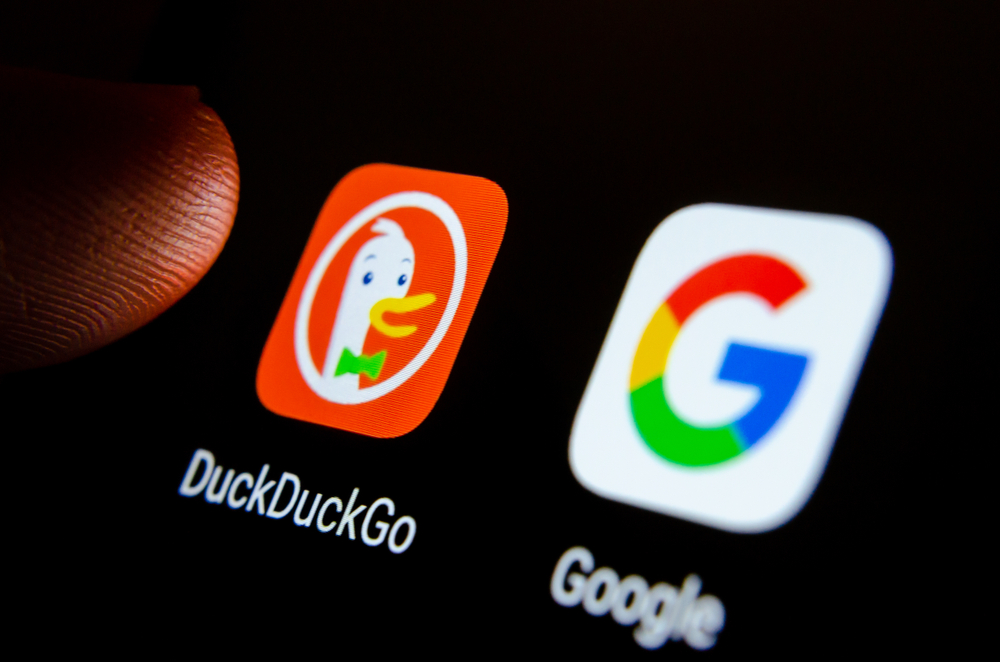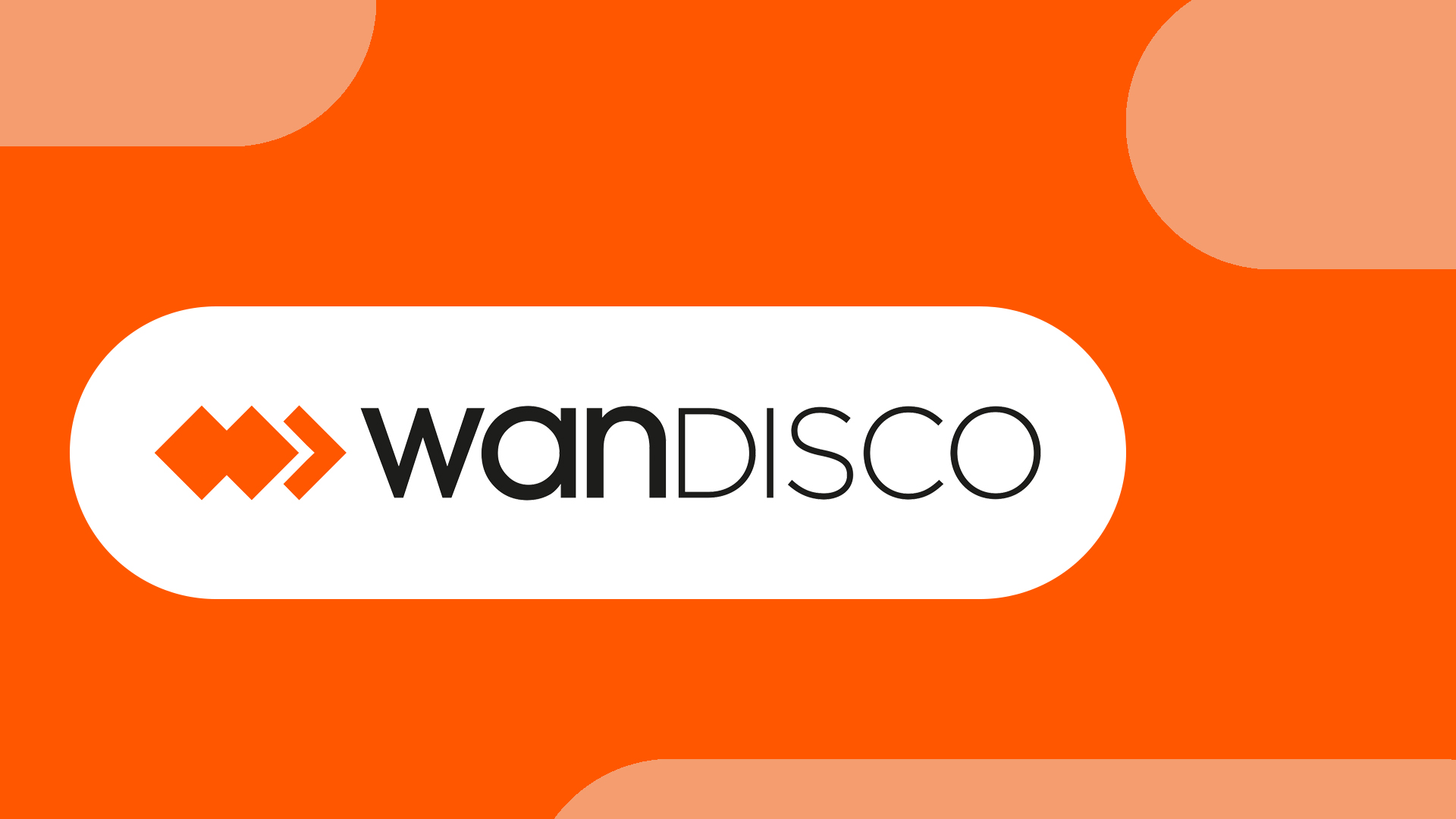DuckDuckGo suggests Google is destined for US antitrust action
DoJ and state attorneys are reportedly building a case into Google's dominance of the search engine market


The US Department of Justice (DoJ) and state regulators are investigating Google's dominance of the search engine market, according to one of its rivals.
DuckDuckGo CEO, Gabriel Weinberg, told Bloomberg that he had spoken with state regulators and the DoJ a few weeks ago.
Justice Department officials and state attorneys asked the company about requiring Google to give consumer alternatives to its search engine on Android and the Chrome web browser, according to Weinberg.
"We've been talking to all of them about search and all of them have asked us detailed search questions," he added.
The comments suggest that US regulators are examining "search", one of Google's major businesses.
The DoJ and the state of Texas are already looking into the firm's manipulation of the digital advertising market, with Attorney General Ken Paxton leading an investigation that has already begun drafting a lawsuit, according to Bloomberg.
In this regard, the US is well behind Europe, which has already brought antitrust violations against Google, for both advertising and for tying its apps, including search, into Android bundles.
Get the ITPro daily newsletter
Sign up today and you will receive a free copy of our Future Focus 2025 report - the leading guidance on AI, cybersecurity and other IT challenges as per 700+ senior executives
Following the European Commission's 2018 ruling, which found that Google was abusing its monopoly by tying its search engine to Android-based smartphones, the tech giant developed a new system for surfacing rival apps.
The company gave Android users a choice of four different search engines as the default when setting up a new device. The company chosen would then have to pay Google, with the process repeated every four months. Only three winners could be selected each time as the fourth position always goes to Google.
DuckDuckGo was one of the selectable companies, but it wasn't especially pleased about the system.
"A search preference menu can be an excellent way to increase consumer choice, but a pay-to-play auction with only 4 slots isn't right because consumers aren't getting all the choices they deserve and Google profits at the expense of the competition," the company tweeted at the time.
Bobby Hellard is ITPro's Reviews Editor and has worked on CloudPro and ChannelPro since 2018. In his time at ITPro, Bobby has covered stories for all the major technology companies, such as Apple, Microsoft, Amazon and Facebook, and regularly attends industry-leading events such as AWS Re:Invent and Google Cloud Next.
Bobby mainly covers hardware reviews, but you will also recognize him as the face of many of our video reviews of laptops and smartphones.
-
 Should AI PCs be part of your next hardware refresh?
Should AI PCs be part of your next hardware refresh?AI PCs are fast becoming a business staple and a surefire way to future-proof your business
By Bobby Hellard
-
 Westcon-Comstor and Vectra AI launch brace of new channel initiatives
Westcon-Comstor and Vectra AI launch brace of new channel initiativesNews Westcon-Comstor and Vectra AI have announced the launch of two new channel growth initiatives focused on the managed security service provider (MSSP) space and AWS Marketplace.
By Daniel Todd
-
 How to empower employees to accelerate emissions reduction
How to empower employees to accelerate emissions reductionin depth With ICT accounting for as much as 3% of global carbon emissions, the same as aviation, the industry needs to increase emissions reduction
By Fleur Doidge
-
 Worldwide IT spending to grow 4.3% in 2023, with no significant AI impact
Worldwide IT spending to grow 4.3% in 2023, with no significant AI impactNews Spending patterns have changed as companies take an inward focus
By Rory Bathgate
-
 Report: Female tech workers disproportionately affected by industry layoffs
Report: Female tech workers disproportionately affected by industry layoffsNews Layoffs continue to strike companies throughout the tech industry, with data showing females in both the UK and US are bearing the brunt of them more so than males
By Ross Kelly
-
 How can small businesses cope with inflation?
How can small businesses cope with inflation?Tutorial With high inflation increasing the cost of doing business, how can small businesses weather the storm?
By Sandra Vogel
-
 How to deal with inflation while undergoing digital transformation
How to deal with inflation while undergoing digital transformationIn-depth How can organizations stave off inflation while attempting to grow by digitally transforming their businesses?
By Sandra Vogel
-
 How businesses can use technology to fight inflation
How businesses can use technology to fight inflationTUTORIAL While technology can’t provide all the answers to fight rising inflation, it can help ease the pain on businesses in the long term
By Sandra Vogel
-
 Embattled WANdisco to cut 30% of workforce amid fraud scandal
Embattled WANdisco to cut 30% of workforce amid fraud scandalNews The layoffs follow the shock resignation of the company’s CEO and CFO in early April
By Ross Kelly
-
 Some Tech Nation programs could continue after Founders Forum acquisition
Some Tech Nation programs could continue after Founders Forum acquisitionNews The acquisition brings to a close a months-long saga over what the future holds for Tech Nation initiatives
By Ross Kelly